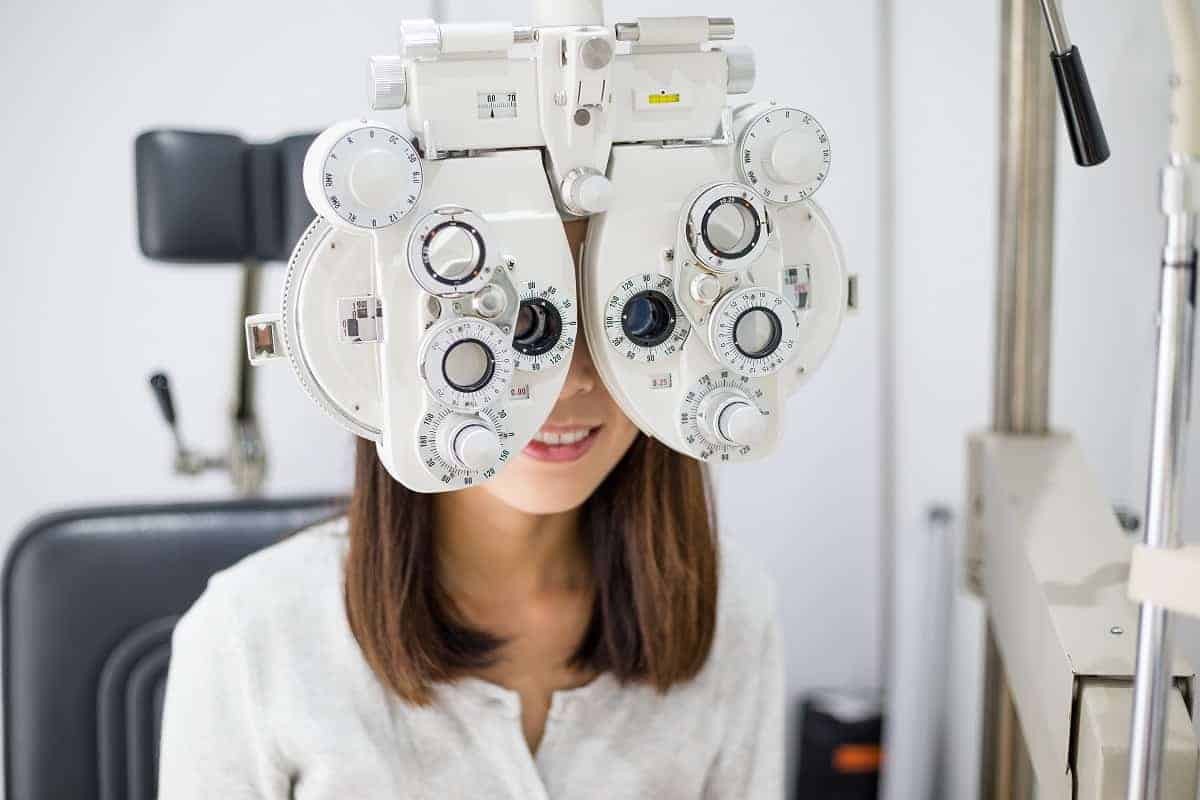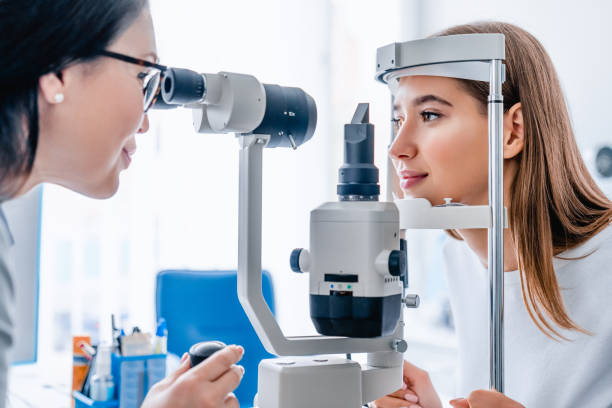Are you having trouble seeing clearly? Are your eyes constantly tired, no matter how much sleep you get? If you are experiencing any of these symptoms, it might be time for a visual examination. Eye check-ups are essential to maintain good vision and eye health. Here are some signs that it is time to schedule an appointment with your optometrist.
1. Blurred Vision
If you have trouble seeing clearly, especially at a distance, it may be time for eye exams. It could be a sign of a refractive error like nearsightedness, farsightedness, or astigmatism.
2. Trouble Seeing at Night
If you have difficulty seeing while driving at night, it could be a sign of cataracts. Cataracts are a common age-related condition that causes the eye’s lens to become cloudy. An optometrist can perform a simple test to check for cataracts. If they are found, surgery may be recommended to remove them.
3. Eye Fatigue
If your eyes feel tired all the time, even after a good night’s sleep, it could be a sign that they are not functioning as well as they should be. When we use our eyes a lot, they can become strained and exhausted. If you have to blink or rub your eyes frequently, or if your vision is blurry after looking at a screen for a long time, you may be experiencing eye fatigue. It could be a sign of something more serious, like glaucoma.
4. Dry Eyes
If your eyes feel dry, itchy, or irritated, it could signify dry eye syndrome. This is a common condition that occurs when the tears cannot properly lubricate the eyes. It can be caused by medications, certain medical conditions, and even aging. If you are experiencing any of these symptoms, make an appointment with your optometrist. They can perform a simple test to check for dry eye syndrome and recommend treatment options. This is a common condition that can be treated with artificial tears or prescription eye drops.
5. Eye Pain
If you are experiencing any pain in or around your eyes, it is important to see an optometrist. Eye pain can be a sign of a severe condition like uveitis. These conditions require prompt treatment to prevent vision loss. It can signify several different conditions, including glaucoma, iritis, and corneal ulcers.

6. Floaters
Floaters are small spots that seem to float in your field of vision. They are usually harmless and do not require treatment. However, if you suddenly start seeing a sudden increase in floaters, or if flashes of light accompany them, it could be a sign of retinal detachment. This is a serious condition that requires immediate medical attention.
7. Flashes
Flashes are brief bursts of light that you see in your peripheral vision. They are usually harmless, but if you experience them frequently, it could be a sign of retinal detachment. This is a serious condition that can cause blindness if not treated immediately.
8. Changes in Vision
One of the most common reasons people visit the eye doctor is having trouble seeing. This can manifest in many ways. If you have trouble reading, seeing far away, or fogging vision, these could all be signs that you need an eye test.
9. Frequent Headaches
If you are experiencing headaches, it could signify that your eyes are not working as they should. If you have headaches, especially after doing activities like reading or using the computer, it could be a sign that your eyes are strained. This is especially true if the headaches are accompanied by blurred vision, eye pain, or nausea. These could all be signs of an underlying condition like migraine or glaucoma. This can usually be corrected with a new eyeglass prescription or computer glasses.
10. Medical Condition
If you have been diagnosed with a medical condition like diabetes, high blood pressure, or autoimmune disease, it is important to have your eyes checked regularly. These conditions can cause several eye problems, including diabetic retinopathy, glaucoma, and cataracts. Early detection and treatment are essential to preserving your vision.
An annual comprehensive dilated eye check-up is the best way to protect your eyesight and detect potential problems early. Early detection and treatment of eye problems can help preserve your vision and maintain your overall eye health. Regular eye inspection can detect problems early on before they become serious. So don’t wait; make sure to schedule an eye test today.

